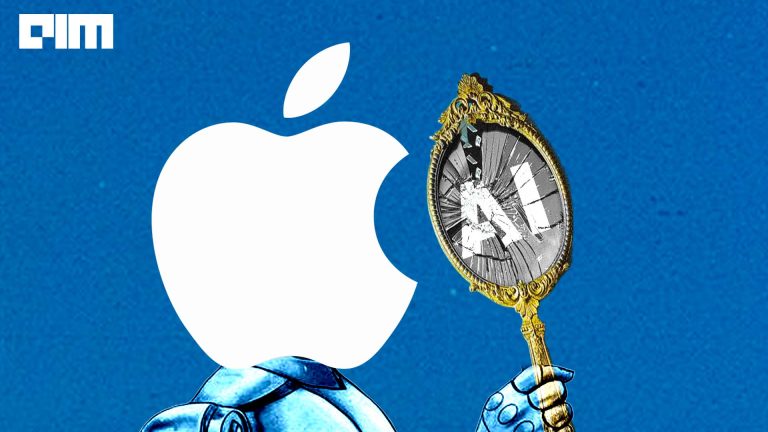|
Listen to this story
|
In just a week, the Competition Commission of India (CCI) slapped Google with a fine of INR 2,274 crore. On October 25, the CCI imposed a penalty of INR 936.44 crore on the company for abusing its dominant market positioning in the context of its Play Store policies. Earlier, the watchdog authority had fined Google INR 1,338 crore for abusing its position in multiple categories related to the Android mobile device ecosystem. As per Counterpoint Research, the penalty amount is 7% of the company’s average relevant turnover.
CCI’s issues with Google
Nearly 95% of all smartphones run on Android, an open-source operating system. Developers can modify and share the design but if one is interested in making their own version accessible to users, they would have to tie up with phone manufacturers. Here is where the trouble begins.
Google has placed several restrictions on experimentation by other manufacturers. In short, the manufacturers have to feature Google’s application. Developers are completely restricted from distributing their OS versions since Google prevents manufacturers from carrying these alternatives.
Against the backdrop of Google ‘abusing’ its dominant position in the Android market, CCI said that the mandatory pre-installation of the whole application suit called the Google Mobile Suite (GMA) under the Mobile Application Distribution Agreement (MADA) with no option to uninstall it places an unfair condition on the device manufacturers and contravenes competition law.
“These obligations are also found to be in the nature of supplementary obligations imposed by Google on OEMs and, thus, in contravention of Section 4(2)(d) of the Act,” it added.
Interestingly, CCI’s decision was based on the information submitted in 2018 by Umar Javeed and Sukarma Thapar (both 27-year-olds) who were then working as research associates at CCI. They were also helped by Javeed’s younger brother, Aaqib, who was then a 24-year-old law student at the University of Kashmir. The trio had been following how the digital market was shaping in India, along with the policies and laws’ impact on the consumers and tech companies. The European Commission’s fine of 4.34 billion euros on Google for violating the antitrust rules also made a massive impact on them.
The second penalty and the more recent one focused on Google Play Store. As per CCI, the Play Store policies mandated app developers to exclusively use Google Play’s billing system (GPBS) for both receiving payments for apps and other digital products and many in-app purchases. By preventing use of third-party payment options, companies like Google and Apple save on 15% of the revenue share (depending on the app type and the volume of sales).
CCI’s rap on the Big Tech
CCI is now seeking more authority and a wider mandate to take action and wants to ensure that markets remain open to smaller and new entrants.
To address such concerns raised by CCI, the Ministry of Corporate Affairs (MCA) published the draft Competition (Amendment) Bill in February 2022 to enhance the CCI’s scope over digital markets. The Indian government is planning to bring changes to the existing competition regulations. This draft bill is awaiting approval from the Cabinet and is expected to be tabled in the upcoming parliamentary sessions.
Highlights of the bill include amendments to the Competition Act, 2002 to regulate mergers and acquisitions on the value of transactions. For example, deals worth more than INR 2,000 crore would require CCI’s approval.
Currently, enterprises and individuals who are engaged in similar businesses can be held to be part of anti-competitive agreements; the draft bill seeks to expand the scope to include enterprises and individuals “not engaged in the similar business”.
The Bill also decriminalises certain offences under the Act by changing punishments from fine impositions to civil penalties. The offences include failure to comply with CCI orders.
In recent times, CCI has tightened its noose around other big tech companies like Apple and Facebook after they were hauled up by European and Australian regulators. That said, CCI has not been successful in going all out in such anti-competitive activities by these companies. Apart from the current penalties, Google also faces a probe from CCI in two other cases. CCI hopes that these cases will serve as a ‘guidance note’ for other companies which may be flouting competition rules.




















































































